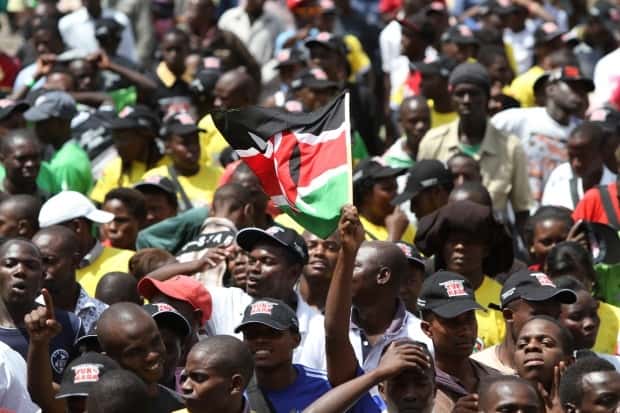×
The Standard e-Paper
Smart Minds Choose Us

Kenyan youth in a past political function. [File, Standard]
Last June, a video of a man being robbed by two armed young men on Kindaruma Road in Kilimani, Nairobi, went viral.